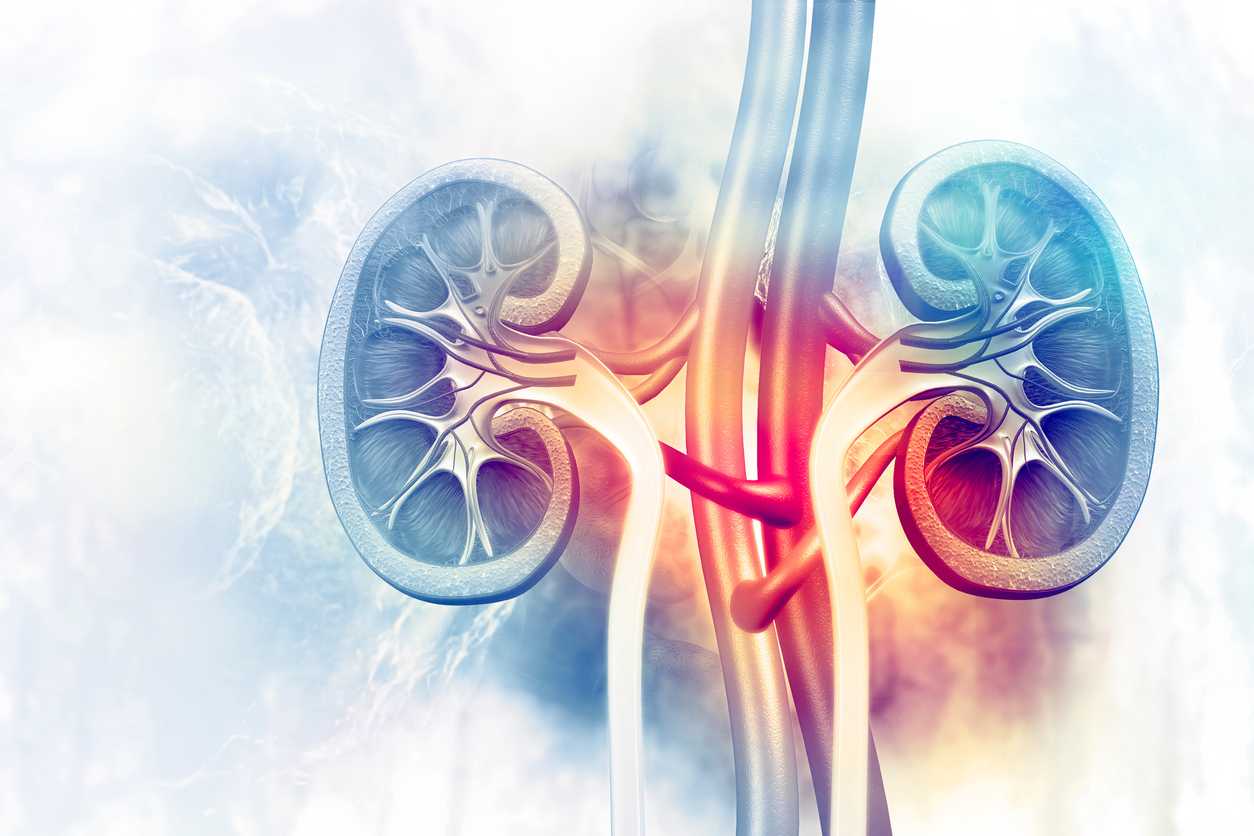Heart failure is a serious condition that affects older adults, but anyone can get this condition. It happens when the heart’s muscles become weak, making it hard to pump enough blood to other organs in the body, which leads to oxygen deprivation. Although it can be a serious disease, you can still live a normal life with the right medication and lifestyle. You should treat early signs of heart failure with urgency as they can cause more complications. If you feel breathlessness, fatigue, and congestion in the chest, it might indicate that you need to see your doctor. Upper East Side heart failure specialists at Upper East Side Cardiology can diagnose heart conditions before developing an individualized treatment plan.
Table of Contents
When Should I Seek Medical Help?
Early diagnosis and treatment prevent complications. This explains why it is necessary to seek medical help whenever you think you have a heart issue. Visit your doctor if you experience the following:
- Pain in the chest
- Sudden difficulty in breathing and coughing out mucus.
- Weakness or fainting
- Abnormal heartbeat
These symptoms occur due to heart failure; other possible causes like lung and heart diseases can be life-threatening. Do not try to diagnose yourself or brush off any symptoms; call your doctor and book an appointment for further help.
What are the Risk Factors for Heart Failure?
Heart attack, high blood pressure, and coronary artery diseases are the risk factors for heart failure. Other conditions that also damage the heart muscles lead to heart failure. The following are the main risk factors of getting heart failure:
Gender
Heart failure is common for both men and women, but men are at a higher risk. Specialists have also said that women are more likely to suffer diastolic heart failure than men.
Family History and Genetics
Heart diseases are inherited in families. If your family member had heart disease at a certain period, you are at a higher risk of developing heart failure.
Lifestyle
Smoking, drug abuse, and a sedentary lifestyle contribute to heart diseases that lead to heart failure. If you are also inactive, you may develop heart issues. Physical exercises strengthen the heart muscles and make them more flexible at pumping blood.
Age
The risk of heart diseases develops as you age. Heart failure is the most common reason people of 65 years and above get admitted to hospitals. Also, women who have reached menopause are at higher risk than younger women.
Obesity
Being overweight leads to more cholesterol in the blood, leading to high blood pressure, diabetes and this may result in heart failure.
It is essential to know your risk factors and make lifestyle changes to live a better life. Note that boosting the health of your heart after a heart failure depends on how you follow your doctor’s treatment plan. You should ask your doctor about the difference in treatment results between men and women after heart failure. Heart failure is often a chronic condition, and symptoms worsen over time. To prevent this, book an appointment with your doctor at Upper East Side Cardiology.





